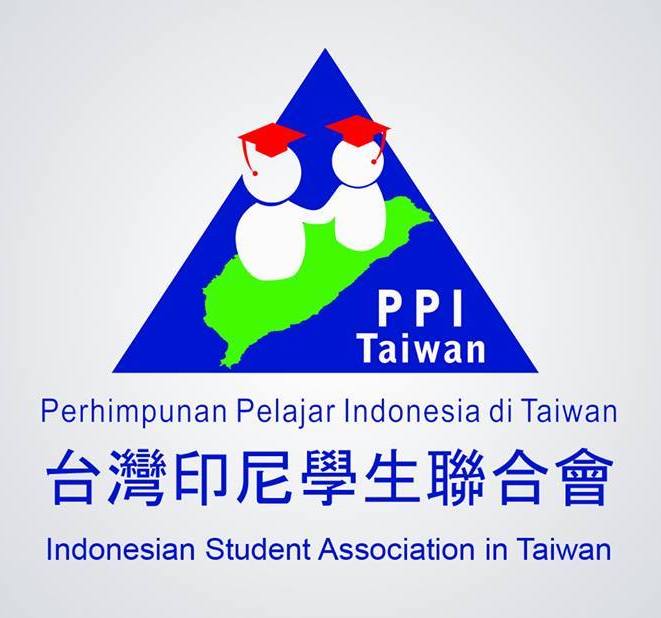Policy Networks in Improving the Quality of Housing and Settlements in Indonesia (A Case Research of Bandung District)
Abstract
Studies on slum housing and settlements have been carried out in many countries. The various studies show that the problem of housing and settlement areas can no longer be considered a simple problem. Different from the various studies on housing and settlement areas, this research employs the perspective of policy networks as a new public administration paradigm. The development issue on housing and settlement areas is regarded as one of the contemporary international issues contained in one of the 17 Sustainable Development Goals (SDGs). Several countries have become the focus of attention, such as: India, Mongolia, Sri Lanka, Pakistan, and Thailand. In Indonesia, the development of housing and settlement areas is mandated by law. The Local Government of Bandung District has made efforts to improve the quality of housing and settlements through such programs as the PLPBK, Rutilahu, and Kotaku. However, the improvement in the quality of housing and settlements in general has not touched the basic problem, namely the welfare of the community. The development is limited to physical improvements and lasts 1 (one) to 2 (two) years. In the third year the restored area becomes irregular / slum again. Therefore, it is recommended that the Bandung District government issue a local regulation in the form of a Regent Regulation concerning the improvement of housing and settlement quality and a plan for handling it as the legal bases. In addition, a collaboration of actors in policy networks should be formed based on the pentahelix model incorporating the actors of business, government, community, academic, and media.
Copyright (c) 2021 Indonesian Scholars Scientific Summit Taiwan Proceeding

This work is licensed under a Creative Commons Attribution 4.0 International License.







